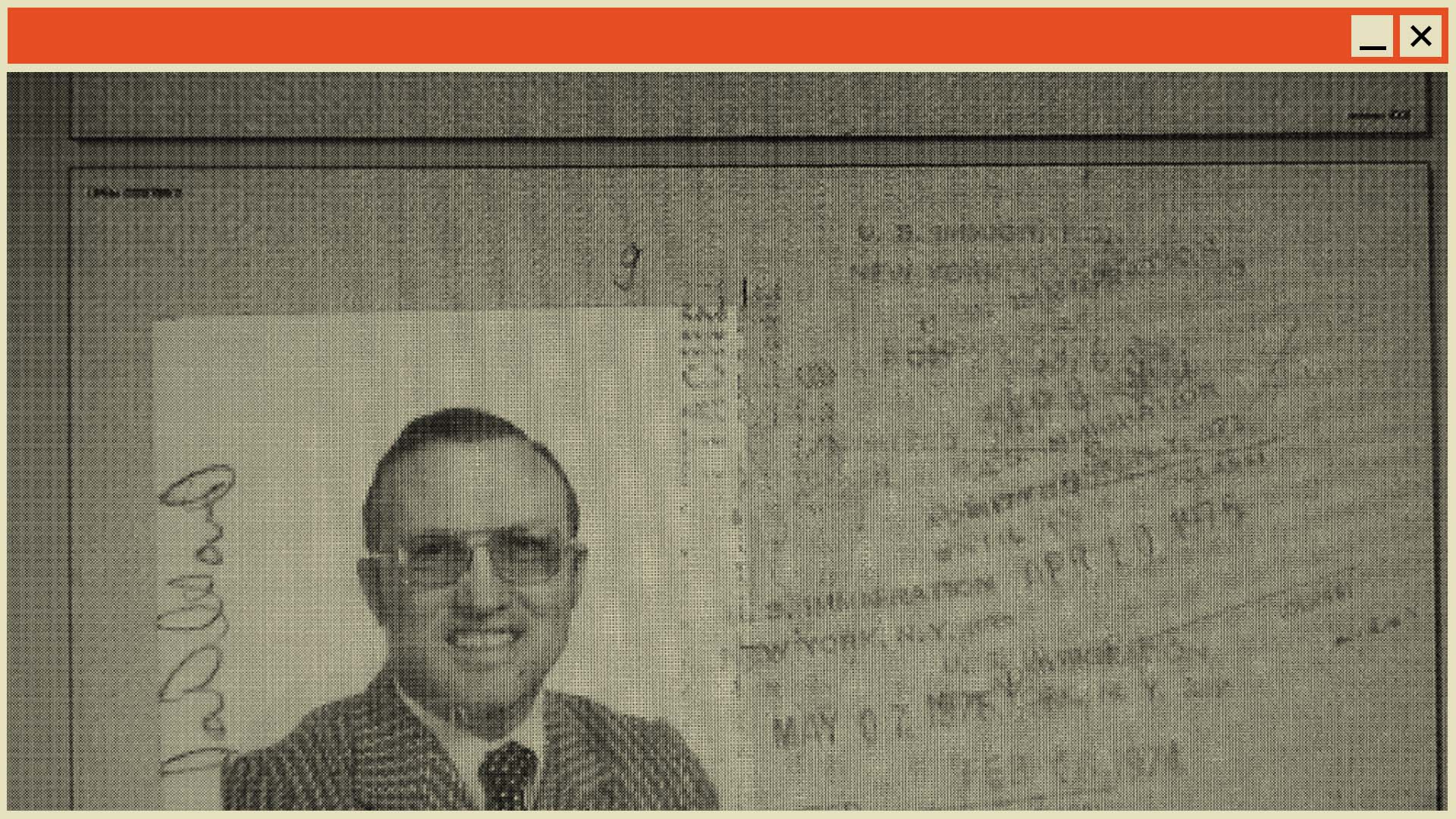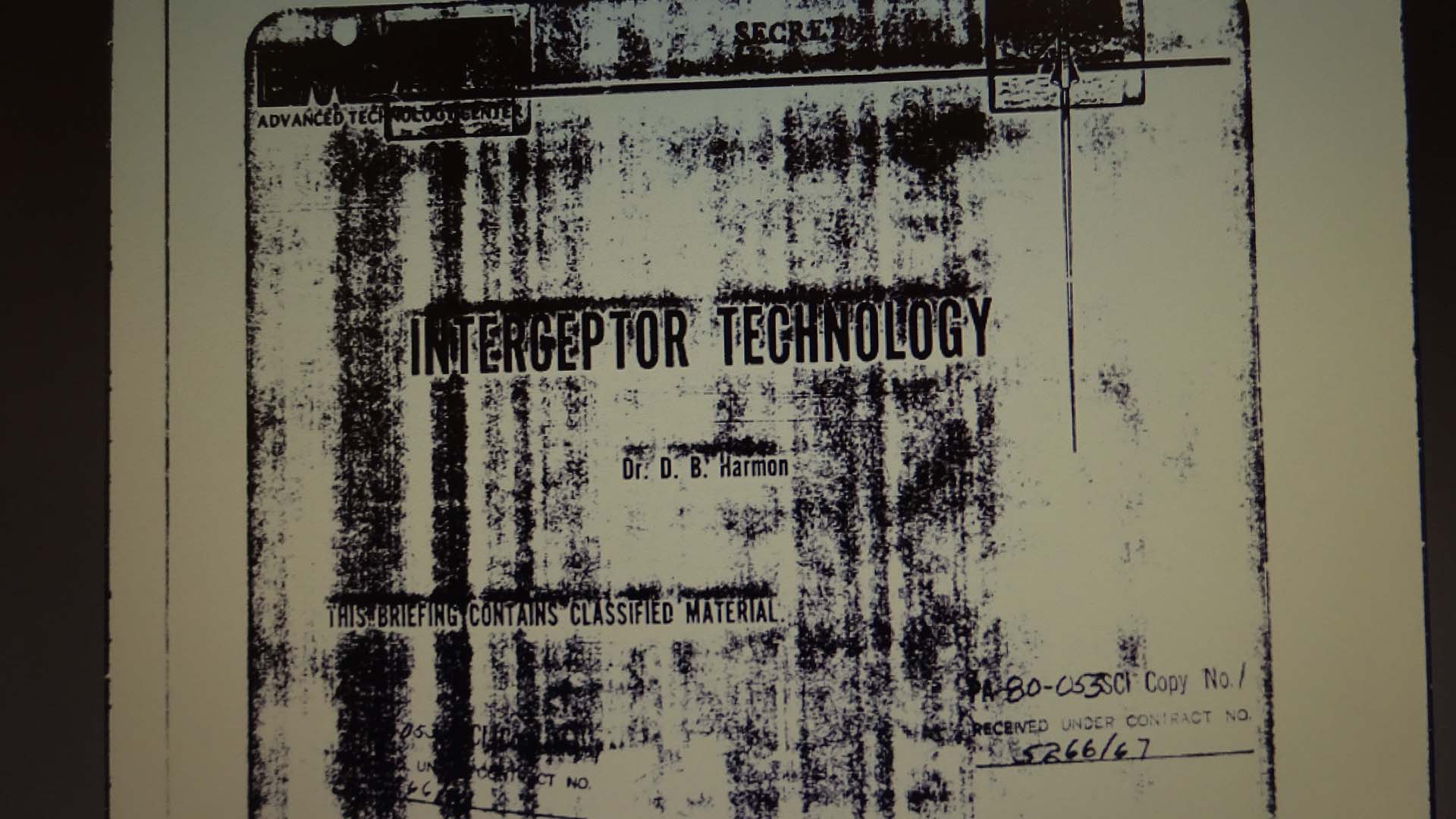
Pentagon Mistakenly Sent Classified Ballistic Missile Report to Imprisoned U.S. Spy
The Pentagon mistakenly released a highly-classified report to a convicted American spy serving a multi-decade sentence for espionage in federal prison as part of an epically botched response to a Freedom of Information Act (FOIA) request, according to documents obtained by The Brush Pass and firsthand interviews with the convicted spy.
In the late 1970s and early 1980s, the American spy, James Harper, a Silicon Valley-based entrepreneur, provided a massive trove of classified ballistic missile-related information to the Communist Polish intelligence services, who were acting on behalf of the Soviet KGB. Harper’s espionage was considered one the most damaging breaches of nuclear weapons-related information by a U.S. spy during the cold war.

The Harper case is the focus of my new 6-part investigative podcast, Spy Valley, available now from Project Brazen. The podcast features extensive interviews with Harper, as well as FBI counterintelligence agents and federal prosecutors involved in the case. It traces Harper’s trajectory from a young engineering savant and Silicon Valley-based engineer, working for one of the valley’s most storied tech firms, to his frenzied time as a Soviet Bloc agent.
After Harper’s conviction on espionage-related charges in 1984, the former tech entrepreneur—who invented the digital stopwatch—undertook an exhaustive quest to obtain as much documentation as possible on his own case. He filed voluminous FOIA requests with the FBI, CIA, and a variety of Pentagon-related entitles. From prison, Harper engaged in protracted, years-long legal battles for documents initially denied to him by U.S. government agencies.
Harper maintained that the U.S. government overstated the severity of the damage caused by his spying for the Soviet Bloc, since not all the classified documents he stole were actually sold to Moscow. (Most were passed to the KGB, but Harper stashed some in a safe-deposit box in Tijuana, Mexico, for future sale. These were recovered by the FBI after Harper’s 1983 arrest.)

U.S. officials strongly disagreed with Harper’s claims. After his arrest, then-FBI Director William Webster called Harper’s spying comparable “in severity to the passage of atomic secrets to the Soviets by Julius and Ethel Rosenberg”—two notorious World War II-era U.S. spies.
In a series of interviews, Harper told me about his years-long FOIA battles, and I subsequently independently obtained court documents related to his FOIA lawsuits.
Harper’s FOIA lawsuit efforts were partially successful. By the mid-1990s, the former Soviet Bloc spy succeeded in forcing successive waves of disclosures of documents held by U.S. law enforcement, military, and intelligence agencies related to his case.

But U.S. officials still deemed much classified—including the Pentagon’s own “damage assessment” of the Harper affair. In espionage cases, U.S. national security agencies will undertake detailed formal evaluations about what intelligence, sources, or methods may been compromised by a breach, and how those disclosures might affect U.S. intelligence or military capabilities in the future. Put simply, damage assessments provide a clear-eyed—and highly sensitive—picture of the secret fallout from a spy case.
It was just such a classified damage assessment that the Pentagon mistakenly sent to Harper in federal prison in the early 1990s. And the breach occurred for reasons that can only be described, at best, as shambolic.
By the 1990s, the Pentagon had determined that select portions of the damage assessment were unclassified, and could be provided to Harper.
But what happened next truly beggars belief. Instead of redacting the classified portions of the report and sending Harper the unclassified parts of the text, the Pentagon censors mistakenly redacted the unclassified parts of the text and released the classified portions in plain text. The Pentagon then mailed the classified report to Harper in federal prison.
“Instead of bracketing the classified portions of the document which were to be redacted,” the Pentagon “bracketed the unclassified portions which were to be released,” the Defense Department wrote in a court filing as part of a FOIA lawsuit launched by Harper.
In sum: the U.S. military sent a convicted nuclear spy for Moscow the classified report detailing the extent of the damage he himself had caused the U.S. ballistic missile program.

It appears this shocking breach would have gone unnoticed—perhaps perpetually—if Harper had not himself requested another copy of the damage assessment with the unredacted unclassified portions. Harper was aiming to collate both versions of the report so he could read it in its entirety. However, Pentagon censors then realized their shocking error about their prior disclosure of the report.
Subsequently, “the prison warden was asked to confiscate the Executive Study along with any copies which prison officials did,” according to the Pentagon court filing.
But not, of course, before James Harper was able to read the classified sections of the report.
The Brush Pass could not determine whether the Pentagon undertook a damage assessment regarding its own botched disclosure of a classified damage assessment to the American spy whose espionage precipitated the initial damage assessment.

Listen to the latest episode of Spy Valley: An Engineer's Nuclear Betrayal
James Harper is in dire need of protection—and money. But the nuclear spy has exhausted his options and left breadcrumbs of his trail. The FBI is watching.
Get in touch at zach@projectbrazen.com or securely at brushpass1@protonmail.com.
